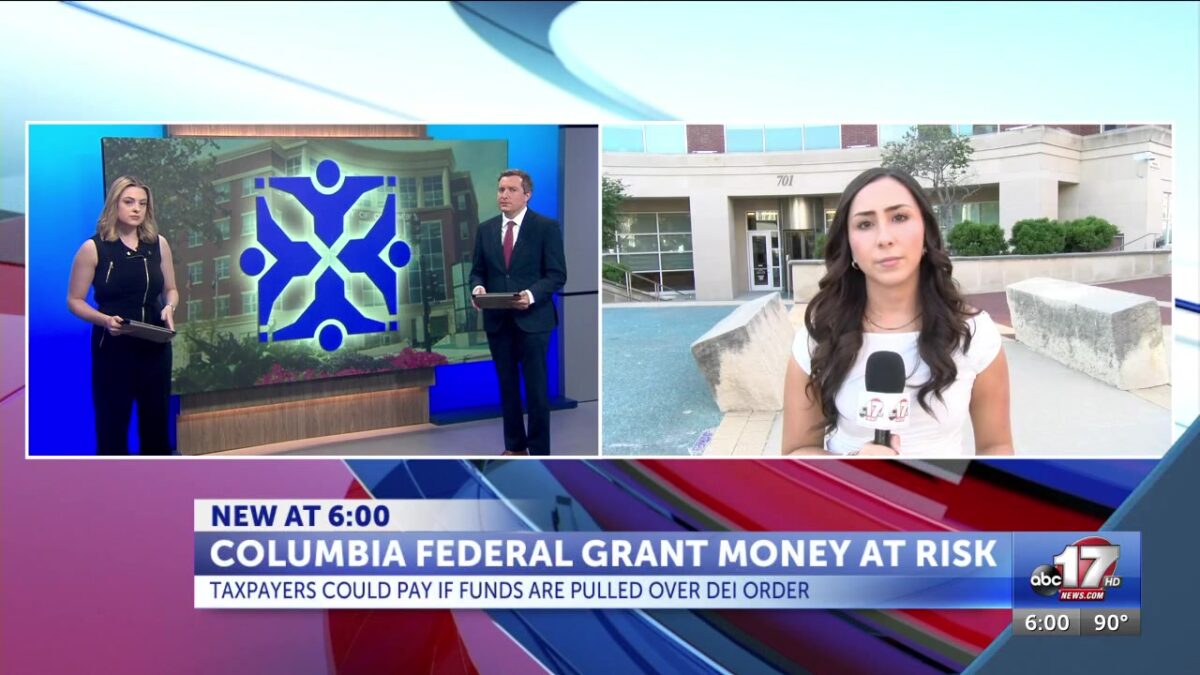Columbia faces risk of government clawbacks because of DEI

Keriana Gamboa
COLUMBIA, Mo. (KMIZ)
The Trump administration could declare the City of Columbia in violation of a federal executive order targeting diversity, equity, and inclusion initiatives, city leaders say.
Such a determination could result in the suspension of federal funding, termination of existing contracts and demands for repayment of previously awarded federal funds.
Fifth Ward Councilman Don Waterman said roughly $50 million in federal grants could be at risk.
“Some grants that we’ve previously received that we’ve already spent — they could come and ask for some of that back. It’s what’s called a clawback,” Waterman said.
“We are not able to say what grants specifically we might be required to pay back at this time,” city grant administrator Rachel Volmert wrote in response to questions. “This is an unprecedented situation, and the way the federal government is going to respond is not entirely clear … We are continuously evaluating how to continue providing services as cuts occur, and will keep customers or patients who may be impacted informed on any changes.”
If enforced, the move could leave taxpayers responsible for covering the budget gap.
The City’s Director of Finance said the matter has not been formally discussed at this time.
If the government chooses to stop funding, one of the first agencies to feel the effects would be the Columbia and Boone County Public Health and Human Services.
Almost $9 million in federal grant money goes toward the city’s health and Economic Development departments.
Local health department officials say they remain optimistic that funding won’t dry up. But state officials, who administer many federal grants, don’t have answers. A spokesperson for the Department of Health and Senior Services told ABC 17 News on Friday that the department is unsure whether some federal grants that are frozen will be released.
The local Department of Public Health and Human Services receives federal funding across five key service areas: women’s and children’s health, violence prevention, mental health and substance use treatment, HIV and other sexually transmitted infections, and a range of additional public health programs.
The department’s funding loss for the 2025 fiscal year would be $5.4 million if grants remain frozen.